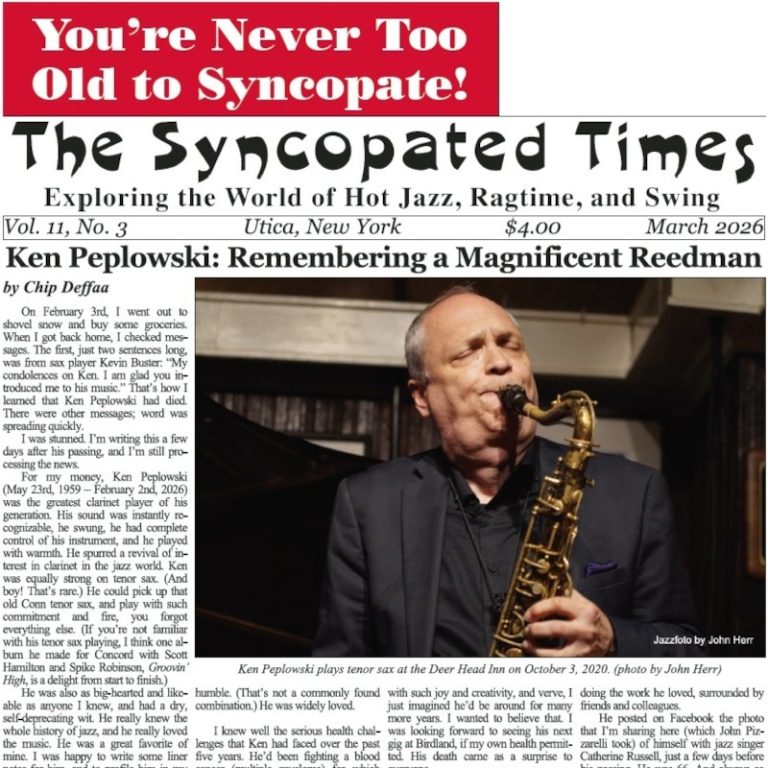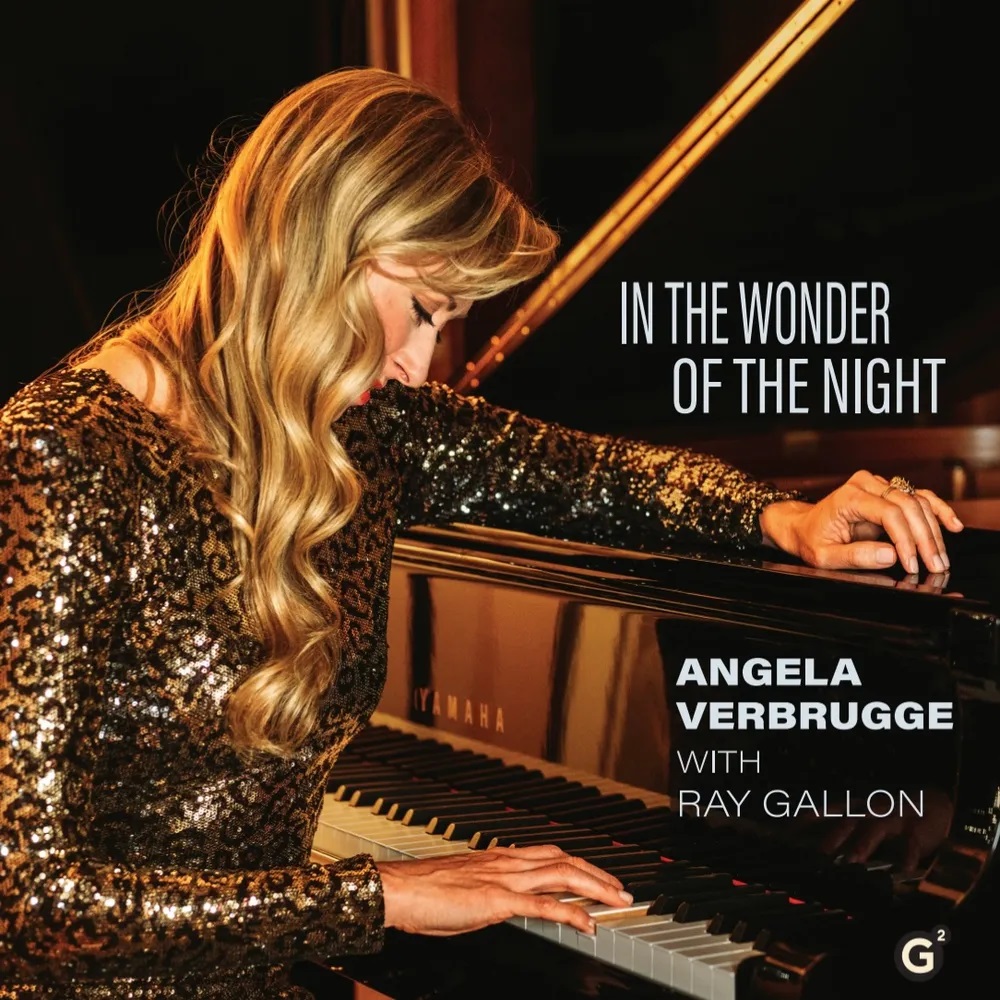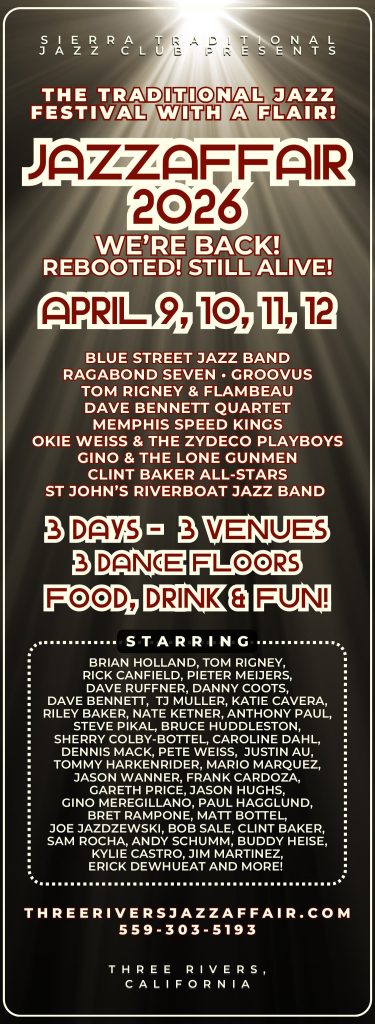Jazz Musicians (Homo Sapiens Swingingus Maximus) are fascinating creatures. Nocturnal by nature, they live a reclusive life in close knit communities cut off from mainstream society. If you want to look for Musicians in their natural habitat, they tend to convene in the late hours of the night, attracted to alcohol and loud musical noises.
They often gather in small herds, called bands.
If you come across a Musician, or a band of musicians in their native environment, don't be afraid. They are generally convivial creatures and are often as curious of you as you are of them.
Here's The Professor's guide to interacting with a Jazz Musician:
1) No sudden movements. Jazz Musicians are easily startled, mostly due to varying levels of intoxication from a drinking supply of free alcohol. Sudden movements will startle and confuse them.
2) Use small words. Because Jazz Musicians are aloof creatures (and due to rule #1), an economy of words and a simple vocabulary is recommended. In mainstream culture one might say: "Good evening. It's a pleasure to meet you." In jazz language, a simple “sup?” will suffice.
3) Furthermore, to gain trust and acceptance within the “band,” offer to buy one of the band an alcoholic beverage—which is believed to be their primary source of sustenance. (Another dietary source is the cold sandwich, which seems to be readily available at many
You've read three articles this month! That makes you one of a rare breed, the true jazz fan!
The Syncopated Times is a monthly publication covering traditional jazz, ragtime and swing. We have the best historic content anywhere, and are the only American publication covering artists and bands currently playing Hot Jazz, Vintage Swing, or Ragtime. Our writers are legends themselves, paid to bring you the best coverage possible. Advertising will never be enough to keep these stories coming, we need your SUBSCRIPTION. Get unlimited access for $30 a year or $50 for two.
Not ready to pay for jazz yet? Register a Free Account for two weeks of unlimited access without nags or pop ups.
Already Registered? Log In
If you shouldn't be seeing this because you already logged in try refreshing the page.







